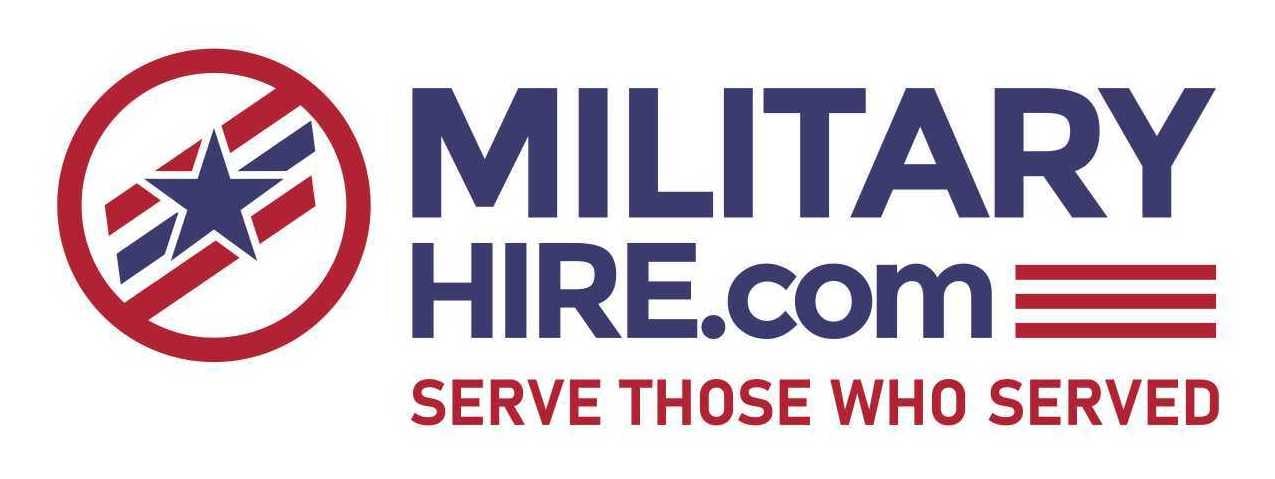Leave Out Military Jargon on Resume
I was recently called out for too much military jargon in my resume. Here is how I fixed it and how you can fix your resume.
In a prior post, I discussed how to focus your resume on achievements rather than assignments. But I wasn’t as vigilant as I should have been about translating the military jargon.
Ms. Rose Holland, the Employment Readiness Program Manager for Army Community Service at Ft. Meade, offered helpful suggestions on improving my resume bullet by removing the jargon.
I wrote:
Coordinated training on tank maintenance for all platoon members. Initiated competition for “best maintained” tank in platoon. As a result, our platoon climbed from 13th of 16 platoons to 4th of 16 platoons in quarterly maintenance evaluations.
Ms. Holland suggested I improve it to this:
Coordinated training and maintenance for a 16 member team on equipment valued at $1 million. Recognized as “best maintained” and climbed from 13th of 16 to 4th in quarterly maintenance evaluations.
She suggested using words such as “vehicle” or “equipment” in favor of military-specific terms such as “tank.” She also translated “platoon” to “16 member team.” Her translation takes a big step forward in getting the jargon out of my resume.
But as I read her translation, and compare it to what I intended to say, I realize my original language was unclear. I had meant to communicate that I started a competition internal to my team for the “best maintained” award. This internal competition, in combination with the training on maintenance, led to an overall improvement in my team’s maintenance status. As a result, my team moved from 13th to 4th place in organization-wide quarterly maintenance evaluations. That was not clearly communicated in my original attempt. So I have to make improvements to ensure my message gets across.
So I’ll take another try at the bullet. My goal is to remove the jargon, but still communicate the nature of the achievement.
Coordinated training on vehicle maintenance for a 16 member team. Initiated a competition within the team for the “best maintained” vehicle. This internal competition, along with the training, led to a significant overall improvement in the team’s vehicle maintenance status. As a result, my team climbed from 13th to 4th place in organization-wide quarterly maintenance evaluations.
What lessons can we learn and apply from this experience?
Have other people review your resume. As an ex-tanker, I couldn’t see that “tank” was military jargon. Ms. Holland’s different perspective helped me see that.
Have other people tell you the meaning of your accomplishments in their own words. This will identify situations where you failed to communicate your achievements as intended.
Use the transition resources available to you. There are many resources such as transition offices, community service assistance, etc. to help you make the transition. These offices are staffed by experts such as Ms. Holland who have helped many veterans make the transition and can help you.
Don’t downplay your accomplishments. This is another helpful tip from Ms. Holland who notes veterans “often discount their accomplishments because they are surrounded by excellence.”
Image courtesy of Shutterstock.com
MILITARYHIRE HAS JOBS FOR VETERANS
Three steps to success:
-
Sign Up. You’ve served your country. Now let us serve you. Sign up now—it’s free, quick, and easy.
SIGN UP TODAY -
Post Your Resume. Be found by hundreds of veteran friendly companies—post your resume! Don’t worry if it’s not perfect—you can easily update it later!
POST YOUR RESUME -
Search Jobs. Don’t wait for companies to find you. Set up automated Job Scouts to scour our database and notify you of new jobs.
SEARCH JOBS NOW
